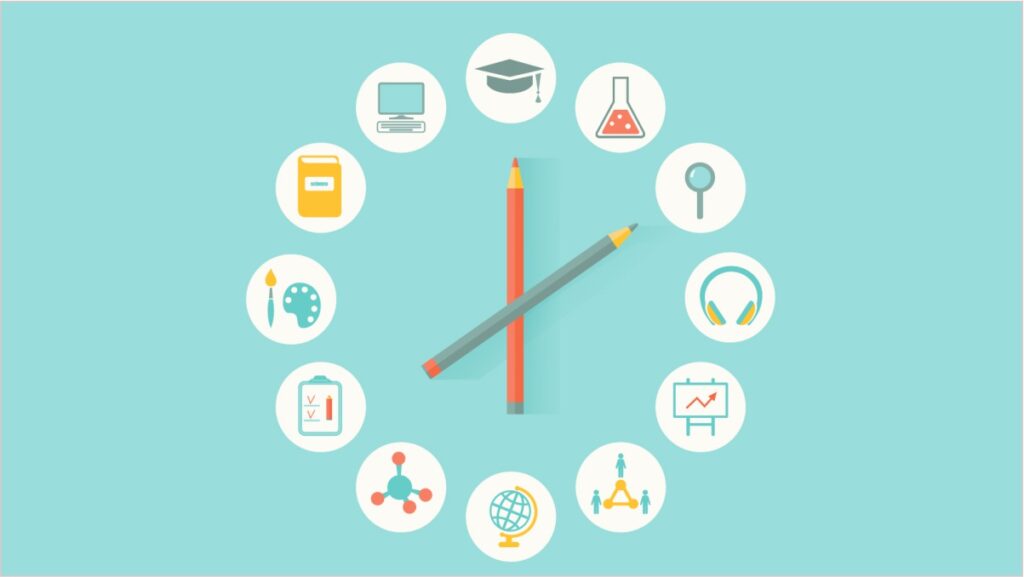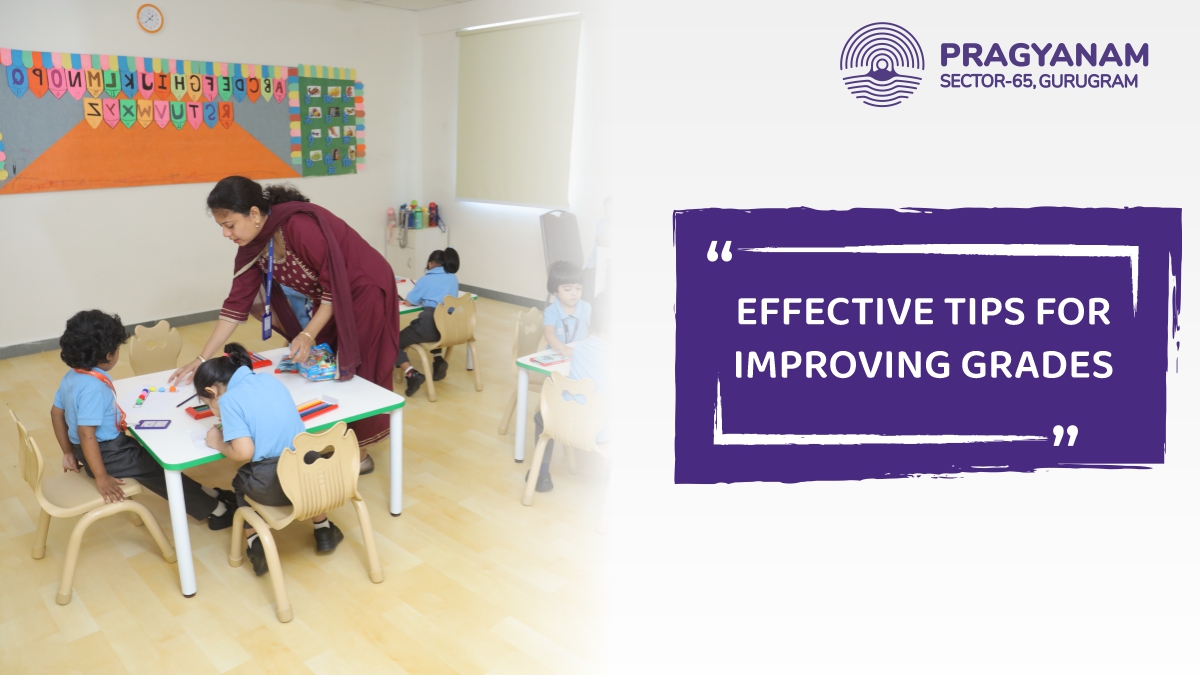Obtaining As can seem unattainable when you’re having difficulty with your grades: There are too many extracurricular activities and obligations that take up your study time, the teacher is too strict, and the subject matter is too challenging. You may even have self-defeating ideas like “I’m not smart enough” or “I’m not the kind of person who gets good grades.” But we’re here to share with you a little-known fact: Being the smartest person in the class isn’t what gets you good scores. They are about consistency and discipline, which are abilities that everybody may acquire.
Ask most students, and improving grades is at the top of their priority list. The fact, however, is that improving grades does not just require intelligence. They also need a lot of discipline, dedication, and commitment. We’ll provide some advice in this blog to assist you in changing how you think about raising your test scores, improving grades, and creating a more positive attitude about school and learning.
Table of Contents
1. Establish a study routine
The number one aspect that you need to focus on is consistency. To do this, you need to establish a study routine. This needs to include revising what has been taught in class, completing your homework assignments, and more. While studying in a focused manner is essential, regular breaks are also of equal importance. To this end, one of the recommended techniques is the Pomodoro Technique. The technique involves studying for a focused period of 25-30 minutes, followed by taking a productive 5-minute break to walk around, get a snack, or simply relax.
It is also imperative that you keep distractions at bay while studying. For instance, keeping your phone on “focus mode” could be a very helpful tip to keep those social media pings at bay.
Speaking of establishing routines, it will also be worthwhile to mention that each person is unique and learns differently. Someone could be a visual learner, someone else may be an auditory learner, and someone may be a kinesthetic learner. Identifying your learning style and choosing the best methodology for you is essential. You could be creating charts to learn, or you could learn best through action and movement.

2. Effective Note-taking
Most toppers will confirm the importance of making proper notes. It can help you grasp essential concepts and get better results. You could choose from various techniques depending on what works well for you. Some of these include:
The Outline Method
This works well when you are being introduced to new information. Organizing information with headings and bullet points helps you grasp the broad idea briefly.
The Mapping Method
This method will work well for you if you are a visual learner. As its name suggests, it involves creating a tree-like structure with branches. While you map the main idea in the middle, the branches and subbranches cover the major and minor points, respectively.
The Chart Method
Like the mapping method, you could also use the chart method, dividing a page into columns and breaking up the information based on distinct categories.
This is good if you know the topics before you start and there are distinct categories of information. Divide your page into several columns and begin with the main points listed at the top of each column, with sub-points underneath.
3. Say no to cramming
Let us face it: Cramping information can only get you so far. With exam systems having undergone a change, a lot of focus is being laid on the application of theories and information. It is, therefore, imperative that you spend time and energy in a thorough understanding of each topic aided by flowcharts, graphs, and tables to help you retain information. Simply committing something to memory will not help you achieve much in the exam or apply your knowledge to real-life issues.
4. Avoid last-moment preparations
As mentioned earlier, the key to success is consistency. Toppers, therefore, are known to study throughout the year and not resort to burning the midnight oil. It not only helps with the proper assimilation of information, but it helps to keep anxiety at bay, too.
5. Test yourself to gauge your progress.
When studying for exams, it is imperative to test yourself. Practice tests or previous year question papers can come in handy not just to gauge your understanding of the subject but also to determine your ability to complete the paper on time. A thorough analysis of your scores can also help you focus on improvement areas, enabling you to do better in your exams.
6. Study Groups
What also works for some students are study groups where students keep each other motivated and test and challenge each other. Remember that everyone needs help from time to time. A study group can offer you the academic help and morale boost you require. A study group also helps keep exam anxiety under control as you feel less isolated.

7. Learn From Your Mistakes
Since the name of the game is consistency, it is essential that you keep yourself motivated and don’t let failures pull you down. If anything, you must look at failures as stepping stones to success. Each time you get lower scores than anticipated, focus on what you can do to improve.
8. Stay Curious
The most important trait of a student is to stay curious. By asking questions and exploring topics beyond the constraints of the textbook, you will develop in-depth knowledge of the subject, which will come in extremely handy.
To Sum Up
Improving grades isn’t about any quick-fix formulae but a disciplined approach. It involves attending classes regularly, participating actively in classroom discussions, and avoiding procrastination. Above everything, it consists in keeping your approach balanced. You, therefore, need to eat well, stay hydrated, and sleep for regular hours. Pursuing a hobby, such as dance or music, will only help you in your journey.
At Pragyanam, one of the best CBSE schools in Gurgaon, we aim to help our students develop that innate curiosity that makes them lifelong learners.





